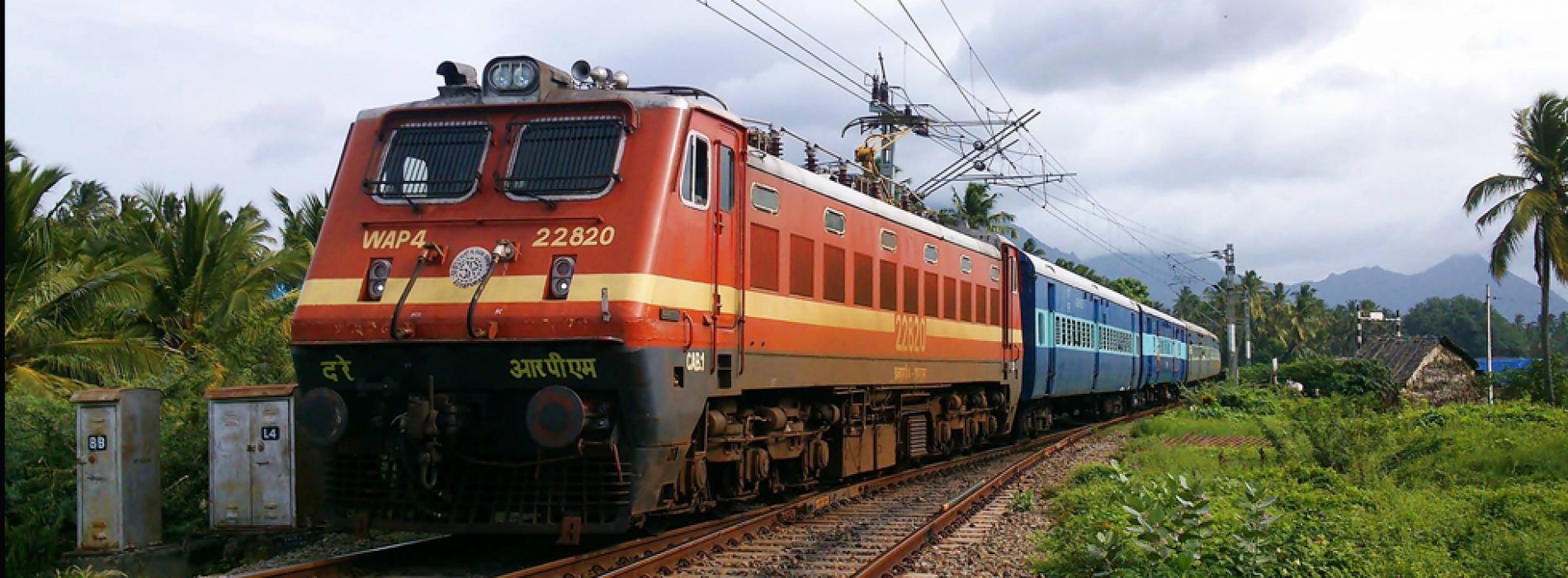Indian Railways to roll out aircraft-type bio-vacuum toilets
Stinking and non-functioning toilets on Indian Railways – one of the world’s largest rail networks may soon become a thing of the past. The national transporter is upgrading its bio-toilets to imported bio-vacuum toilets – the kind found in aircraft -an official said. The first 100 coaches with the new toilets will be attached to important trains like Rajdhani and Shatabdi and would be rolled out from January 2018. “These bio-vacuum toilets will be odour-free and cut down water usage by over one-20th,” he said. The official also said that the Chennai-based Integral Coach Factory (ICF) will roll out the first 100 coaches fitted with bio-vacuum toilets and that these will be attached to premium trains like the Rajdhani and Shatabdi expresses. He also said there would be lesser chances of such toilets getting blocked. The railways’ initiative to upgrade the existing bio-toilets came after persistent complaints from passengers that these were getting blocked due to dumping of waste such as plastic bottles, paper and the like in the toilet pot. Explaining the need of shifting to bio-vacuum toilets, the official said: “Saving water is a priority for the railways.” “In bio-toilets, the water requirement per flushing is up to 15 litres. And the water doesn’t generate enough pressure to discharge the waste from the pots, resulting in a foul smell and blockage of the pot. “The bio-vacuum toilet only requires about half a litre of water and all the waste is cleared through suction,” the official said, adding these had been tried out on a pilot basis in some trains.
A staggering 93,537 “bio-digesters” — as the toilets are called –have been installed in mainline express and mail trains. However, sanitation experts and various studies — including those commissioned by the railways — have pointed out that most of the bio-toilets are ineffective or ill-maintained and the water discharged is no better than raw sewage. Over 900 trains currently have bio-toilets either in some or all of their coaches.
You might also like
Thomas Cook India opens new foreign exchange outlets in Jaipur Airport
Thomas Cook (India) Ltd. has identified the state of Rajasthan as a significant growth market for its Foreign Exchange business and to leverage this opportunity, has opened two new counters
Omnigo Software acquires iView Systems, adding gaming and hospitality expertise to growing law enforcement and public safety solutions portfolio
Omnigo Software, a leading provider of public safety, incident and security management solutions for law enforcement, education, healthcare and other enterprise markets, today acquired Toronto-based iView Systems, a leading provider
Air Asia offers tickets to 7 cities starting at Rs 99
Low-cost airline AirAsia India on Sunday said that starting Monday it would fly passengers in seven domestic routes at a promotional base fare starting from Rs 99, excluding taxes. “The







